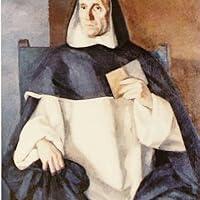
Francisco de Vitoria
Sobre o Autor
Francisco de Vitoria was a prominent Spanish theologian, philosopher, and jurist of the 16th century, regarded as one of the founders of modern international law. He was a member of the Order of St. Augustine and taught at the University of Salamanca, where he developed his influential ideas on justice, war, and human rights. Vitoria's landmark works, including "On Homicide" and his commentaries on the "Summa Theologiae," laid the groundwork for the principles of natural law and the rights of individuals, particularly concerning indigenous peoples during the European colonization of the Americas.
His thinking was pivotal in evolving the concept of sovereignty and the moral implications of colonialism. Vitoria's discussions on the moral law governing nations and his arguments for the rights of indigenous populations were revolutionary for his time. His legacy continues to resonate in contemporary discussions of ethics, law, and human rights, making him a significant figure in both the history of philosophy and international relations.